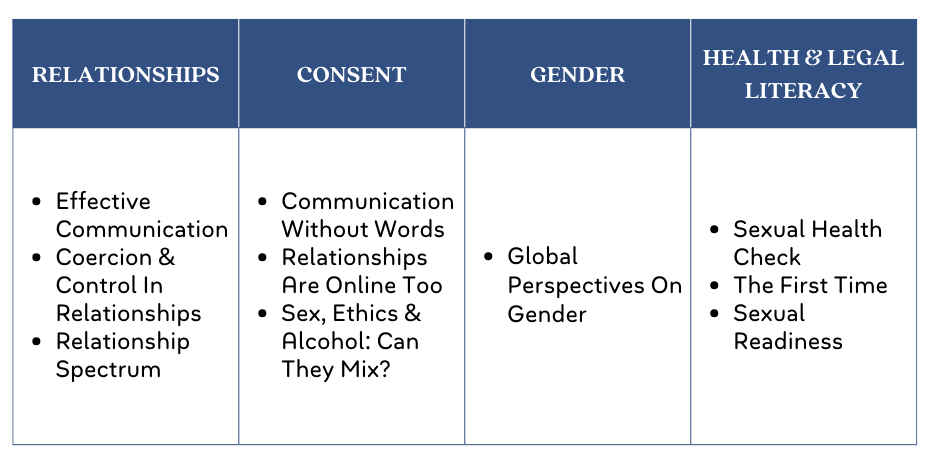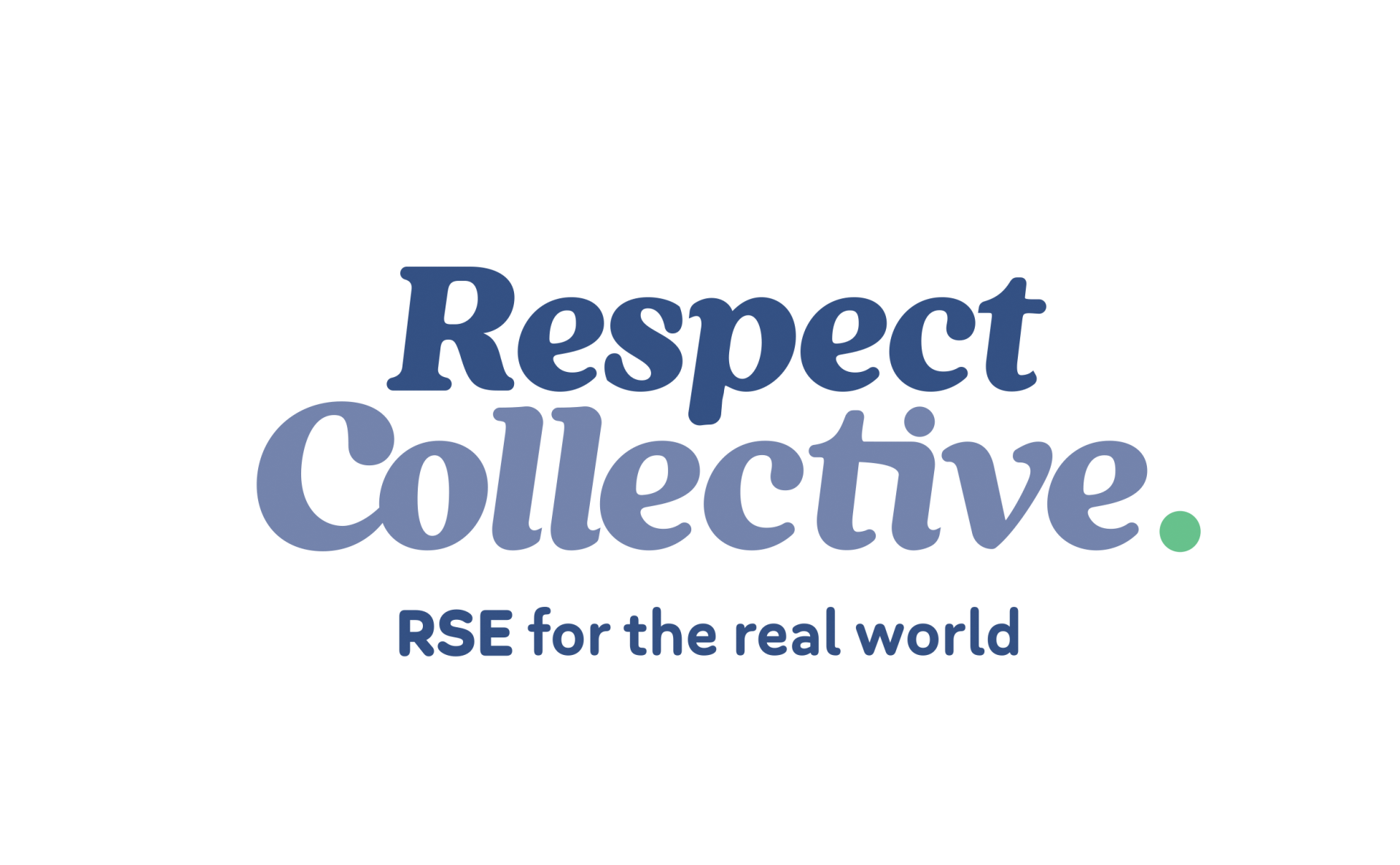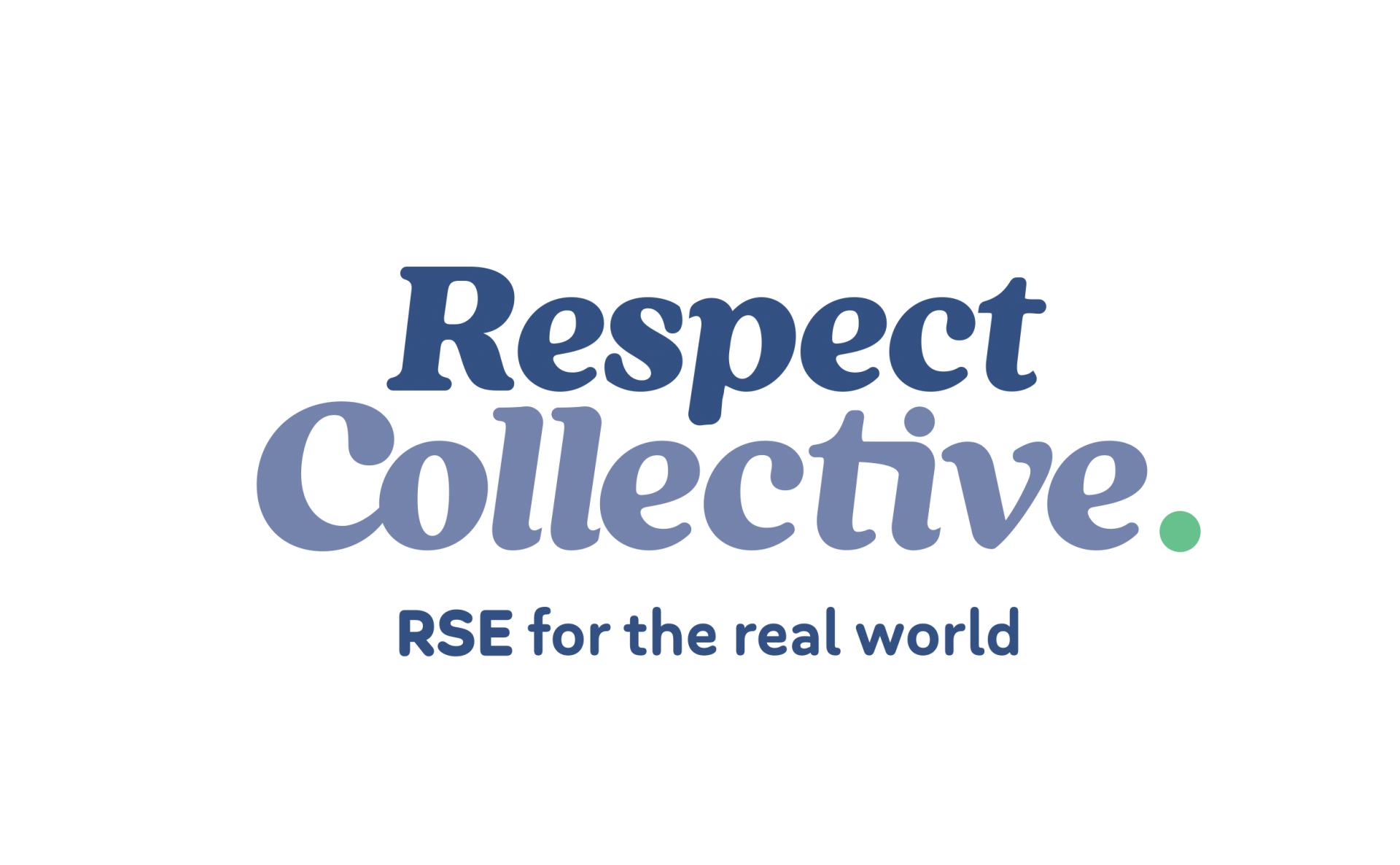Thank you for your interest in this lesson. However, you do not have access with your current AISACT subscription. If your school is wanting to upgrade their individual subscription to access the full curriculum, please email info@respectcollective.com.au
Global Perspectives On Gender
Learning intentions:
-
12-30 learners
Class size -
10+
Year Level -
40-60 minutes
Course duration -
Nil
Student Handouts
Preparing for the lesson
Facilitator Printouts
Student Printouts
Additional Information


